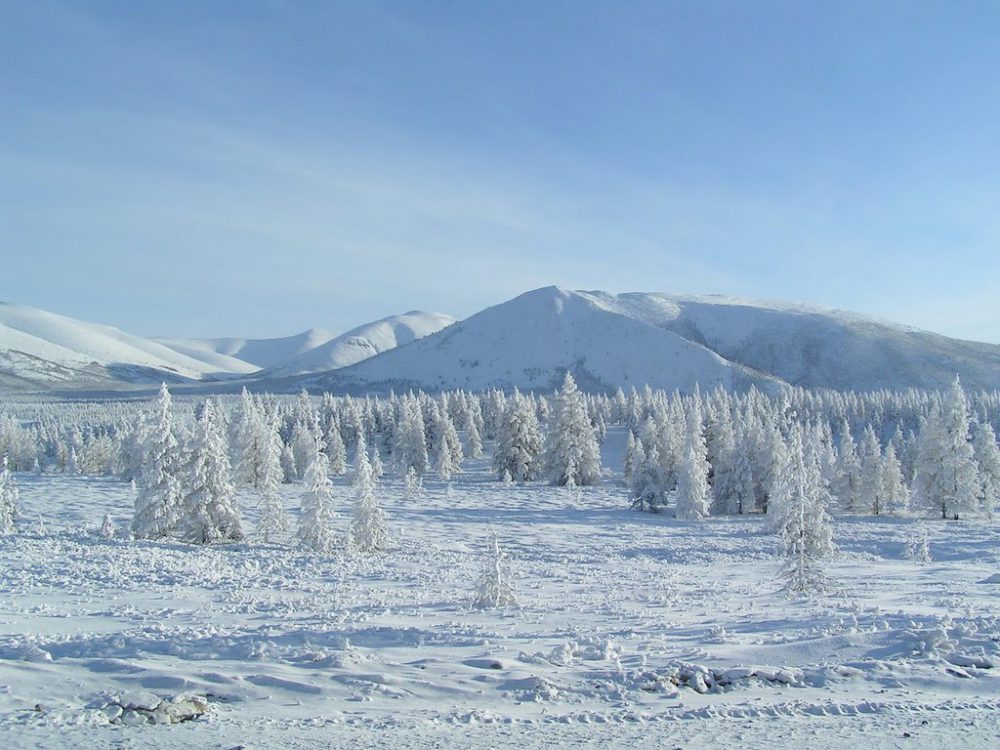China and Russia are ideal partners, in principle. Their economies and demographics are complementary, they have a shared aversion for the United States, and nationalism cements their interests. The crisis in Ukraine has accelerated their reciprocal attraction. The sanctions penalized Moscow, and Beijing seemed to be the most immediate approach to compensate for its objective economic defeat. Putin proudly affirms, “the relationship between the two countries has never been so good,” reiterating that the “international sanctions are illegitimate.” It seems like a long time ago when the two countries contrasted on ideological, territorial, and military grounds. And yet, even a superficial analysis of numbers and tendencies reveals a few wrinkles in the cloak of optimism and celebrations that follow any sort of accord. Two clear aspects emerge: the coincidence—to be demonstrated—between announcements, realizations and China’s stronger negotiating position.
Struck by isolation and the recession, Russia cannot respond with its obsolete industrial system. It needs to sell its family jewels, which is what the earth gave it: agricultural and mineral products, particularly oil and gas. China is Russia’s best client: less endowed with natural resources, it needs to feed an immense population and satisfy its appetite for energy. Commercial exchanges confirm this: in the second trimester of 2015, agricultural exports (especially sunflower and feed) grew 33% in value and 80% in volume. The ruble’s intense devaluation certainly had an effect, even if the overall dynamic signals a contraction of Russian exports toward China equal to 23% in the first 6 months of 2015. Other clues confirm that Chinese purchases are dictated purely by convenience. The presence of small Russian commercial enterprises receiving investments from the Chinese is in decline (Russia is only the 9th largest destination for Chinese goods), while the demand is rising for Russian plots to cultivate with Chinese methods, a term that certainly entails serious repercussions on the sacred concept of the Russian homeland.
Numerous other agreements were signed in the energy sector. Gazprom and the China National Petroleum Corporation (CNPC) signed a memorandum of understanding that furthers their strategic cooperation for the next 5 years. A third project will direct gas from the island of Sakhalin to China, after the first 2 (both called Siberia Power), which are still in progress. Numerous other future commitments were made in the presence of Putin and Xi Jinping, but the present reality seems more pragmatic. China only invested $1.3 billion in Russia last year. Although large with respect to previous years (China never surpassed $450 million), the sum is only a fraction of the investments Russia received ($21 billion in 2014, and $69 billion the year before. Not surprisingly, the top 3 sources were Cyprus, The Bahamas, and the British Virgin Islands). Instead, the contract between Rosneft (the Russian state-owned gas giant) and Chinese clients is actionable, accounting for an annual sum of 4 million tons. Evidently, low energy prices suggest acquisitions rather than insisting on investments in the sector, which are dependent on an uncertain future. Their political value could be negotiated because Russia has admitted for the first time that it’s willing to sell upstream operations where the national property of gas and oil are more important.
Russia’s far east is therefore the stage for important socio-economic developments: from land grabbing to the commercialization of resources. The Federation has the task of growing a rich but inhospitable and largely unpopulated area. Its 5 million citizens inhabit a vast territory, and pale before the 100 million Chinese that live and press on its borders. The Kremlin tries to attract their capital without upsetting the territory’s identity. In any case, it leaves them in a weak position to negotiate. Only now, after the umpteenth postponement, the Tigre de Cristal’s opening seems imminent—it’s the luxurious complex with hotels and casinos that attracted international capital. Vladivostok, the legendary destination of the Trans-Siberian Railway, should be a new gambling capital, compensating for Macau’s decline. The Tigre de Cristal is the launching point for a Russian strategy to magnetize international capital, even if the initiative is languishing. Investors are not persuaded by the business climate and the lack of infrastructure. Chinese financiers complain about slow decision-making and inefficient bureaucracies. The accusation seems ironic coming from the Chinese pulpit. As frequently happens, protests and deferrals are an occasion to continue the negotiations under more favorable conditions.



















